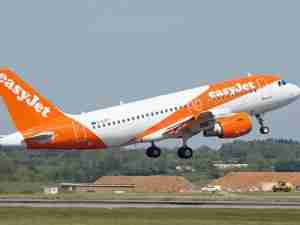South Africa’s Mango Airlines will enter a local form of bankruptcy protection, according to the head of its parent, South African Airways.
There’s agreement between shareholders and the board on the matter, and Mango is consulting with labor groups, SAA interim Chief Executive Officer Thomas Kgokolo told eNCA television on Monday. Mango employees were seeking to force the low-cost carrier into the court-supervised process, known as business rescue.
Both Mango and SAA have been hit hard by the coronavirus crisis, which grounded planes worldwide and plunged airlines into distress. Mango was briefly grounded in April in a dispute over unpaid airport fees. The government sold a majority stake in SAA to private equity owners in June, after it emerged from bankruptcy protection.
The Mango Pilots Association, South African Cabin Crew Association and National Union of Metalworkers South Africa filed documents seeking to place Mango into business rescue, through which an administrator is appointed to supervise a financially distressed company. Debt claims are frozen as the company works on a restructuring plan.
The unions say airline employees have been working without pay since the end of May, and the unit faces a liquidation application brought forward by one of its aircraft suppliers.
The workers say they are owed about 157 million rand ($10.6 million). While the government earmarked 819 million rand for Mango’s business rescue, SAA and the Department of Public Enterprises have stipulated that a restructuring plan be put in place before money was paid out.
The unions said they acted ahead of an Aug. 3 liquidation hearing that would jeopardize the possibility of a turnaround. Mango’s fleet shrunk to three in April from 14 prior to the pandemic. It has about 750 employees, whose jobs are at risk in a country with unemployment running at about one-third of the work force.
Zazi Nsibanyoni-Mgumbi, president of the cabin-crew union, said by telephone that the company has a solid target market and flights are 80% full, giving her confidence that Mango can be saved.
The documents suggest that by reducing labor and other costs, Mango can turn around from current losses to a profit of 97.6 million rand in 2022.










